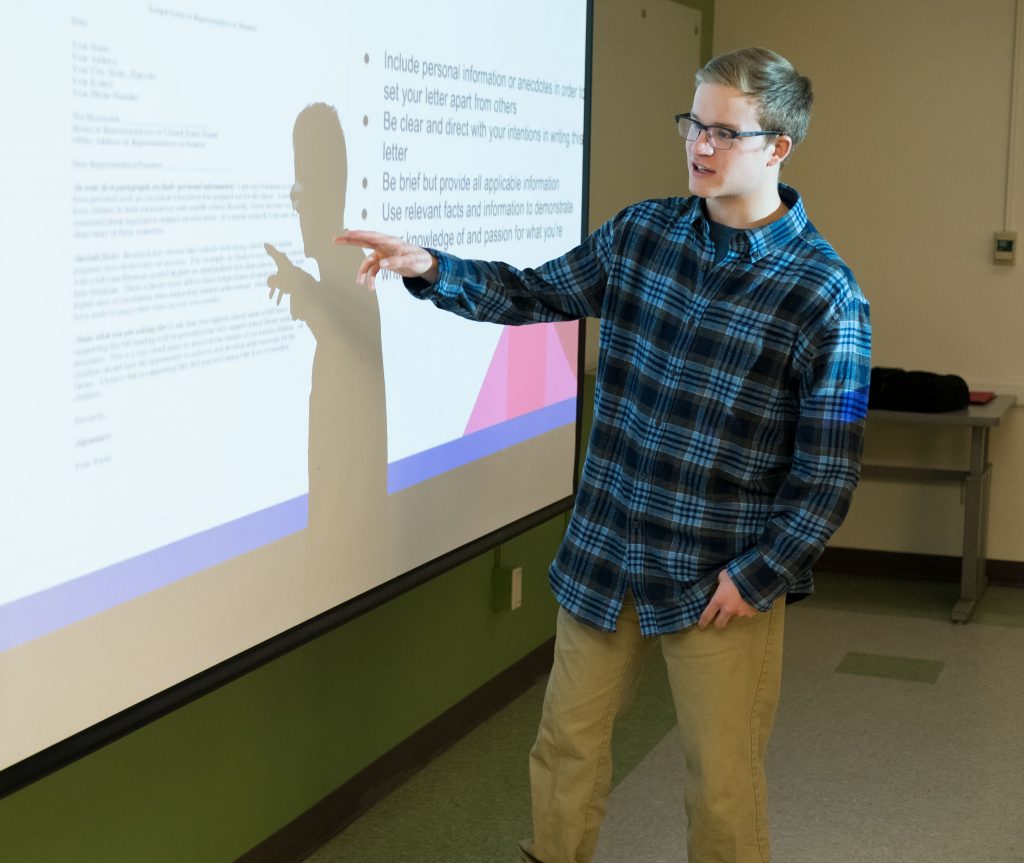
SUNY Chancellor Kristina Johnson announced on Feb. 7 that SUNY has joined the international University Climate Change Coalition as part of an effort to make the system’s 64 campuses carbon neutral.
The agreement promises the institutions will lower their carbon footprint as well as continue to develop and expand toward a carbon-neutral campus, similar to the Paris climate agreement, which President Donald Trump withdrew from in June 2017.
The coalition, which was formed at the 2018 Higher Education Climate Leadership Summit, is a partnership between 13 North American research universities and university systems, including the University of Toronto, Ohio State University and La Universidad Nacional Autónoma de México. The University of California system is also in the coalition. The U.S. members of the group were responsible for almost a quarter of all environmental science research by institutions in the United States, according to the National Science Foundation.
The coalition will focus on collaboration with local businesses and governments to achieve regional goals. Later this year, it plans to release a report highlighting both its achievements and most successful policies.
Johnson has previously prioritized climate change research and advocacy within the SUNY system. During her State of the University System Address on Jan. 22, she unveiled the initial plan to source 100 percent of electricity from zero-net carbon sources, as well as install renewable energy systems on all 64 SUNY campuses by 2020. In a statement, Johnson said she predicts this goal will be reached before schedule, and joining the University Climate Change Coalition will help accelerate this timeline.
“By joining the coalition with other leaders in higher education, we take that effort international,” Johnson said. “On behalf of SUNY, we are proud to join the University Climate Change Coalition and I am thankful to my fellow university leaders for their partnership in this effort.”
Binghamton University has already made efforts toward becoming more energy efficient. Currently, the University sponsors transdisciplinary clean energy research, has a recycling program and has a management system in place that monitors energy use. Additionally, parts of the Innovative Technology Complex’s campus recycle water, have solar panels and use geothermal heating to warm buildings. Soon, the University will also finish the construction of Nuthatch Hollow Living Building, a structure that is net-positive in its energy and water usage and maintains a low carbon footprint.
Some students are also facilitating the emergence of sustainable energy practices on campus and in the local area. On Tuesday, Democracy Matters held an event focusing on community solar and clean energy reforms. The group encouraged students to write letters on the topic to their local representatives. Sean O’Brien, the treasurer of Democracy Matters and a sophomore majoring in political science, said he believes progress is being made, but would like to see the SUNY system and BU continue to reform their energy usage.
“I feel the goals of establishing a 50 percent renewable energy generation by 2030 and the goal of fully sourcing their electricity from zero-net carbon sources are both solid indicators that the SUNY system is headed the right way in their fight against global warming,” O’Brien said. “However, I do feel SUNY could do more to address this issue and I hope that this coalition will give [BU] specifically more incentive to increase [its] role in the fight against climate change.”


